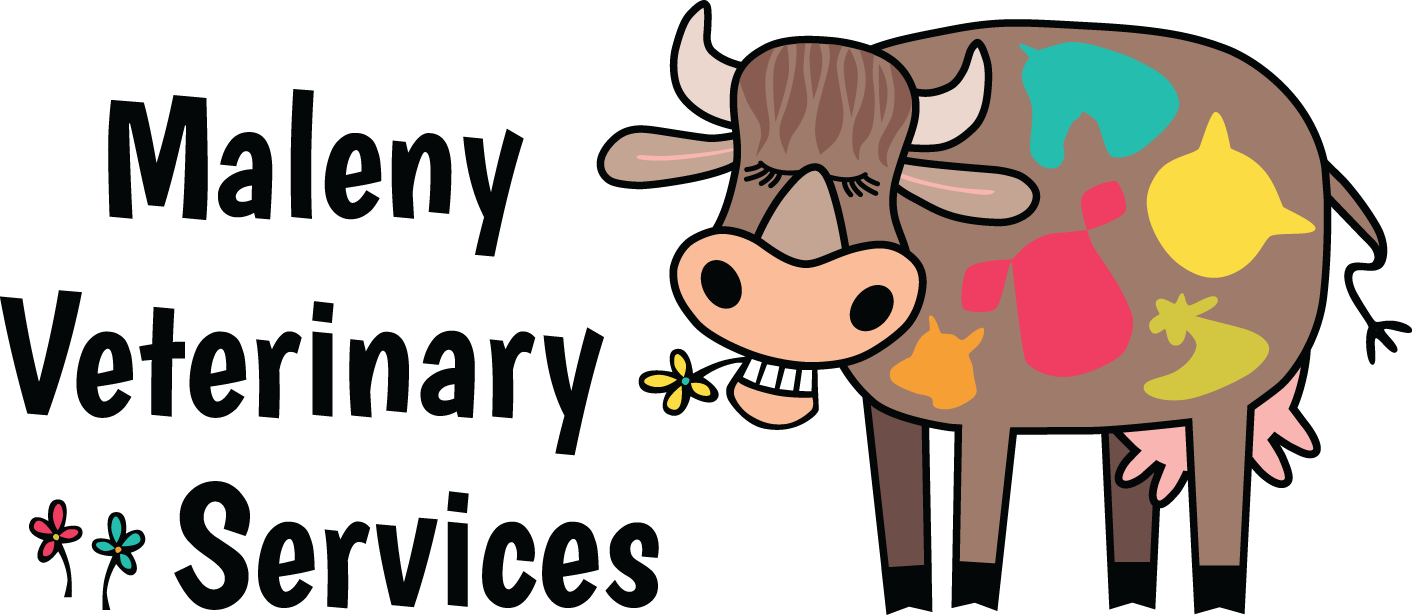Most native reptiles are protected by Law, which means they cannot be kept as pets. Usually only zoos and fauna parks are given permits to hold these animals. Non-native reptiles are even more stringently controlled by Law as they pose significant risk to Australian ecosystems.
If you’ve found or rescued a reptile, tortoise, lizard, crocodile, snake or frog, it’s best to immediately contact an organisation like WIRES to arrange for the animal to be released back into the wild.
Reptiles and frogs as pets
Keeping non-protected native reptiles as pets requires special care and handling. Tortoises, lizards, snakes and frogs require certain living environments and healthcare routines. In general, most reptiles are shy animals and handling should be minimal.**VENOMOUS SNAKES, LIZARDS OR TOADS SHOULD NOT BE KEPT AS PETS**
Food
Domesticated snakes are usually accustomed to eating fresh dead mice, rats and chickens. Lizards may require a more complex omnivorous diet with special supplements mixed in. Tortoises are usually fed a meat-based diet, but calcium must be added to prevent shell deformities from developing. For all reptiles, it is essential to get specific dietary advice from us to meet the needs of the particular species.Housing
The correct housing is essential for reptiles, otherwise health problems will occur. Reptiles should not be kept in wire cages as injuries can result. The correct type of wood, glass or plastic enclosures must be used. Correct temperatures are very important and some reptiles need to bask under a carefully regulated heat lamp. The heat lamp must out of the animal’s reach to prevent burns.
Humidity, ventilation and lighting need to be carefully proportioned and monitored. Introducing larger rocks and gravel may be necessary to help with shedding old skin.
Space should be adequate to allow the animal to move about, explore and get some exercise. The floor of the enclosure may need to be a combination of sand, smooth gravel, leaf litter or absorbent paper. Special allocations may be required to enable the animal to find a suitable area for hibernation.
Clean water (preferably rainwater) must be constantly available for drinking and also for swimming or immersing to help regulate temperature and skin moisture.
Health problems
Keeping reptiles as pets is much more involved than common pets, so health problems are often encountered due to the incorrect housing, temperatures, humidity and diet. Problems can present from parasitic diseases caused by intestinal worms, skin mites, and a variety of infections and injuries. Ensure that you bring your reptile in for medical attention at the first signs of sickness or injury.We are open seven days a week so if you have any questions, please give us a call on 5494 3622 or book online!
